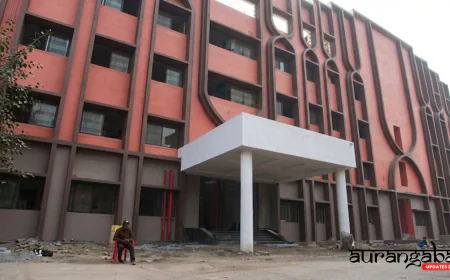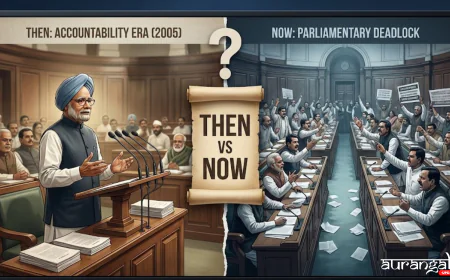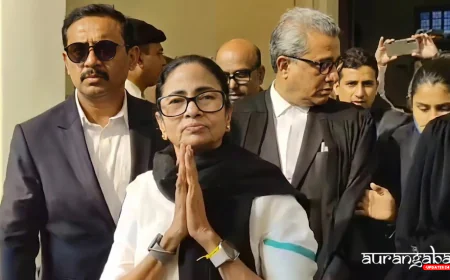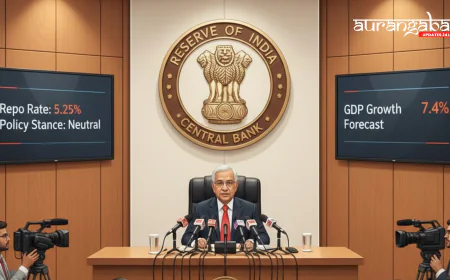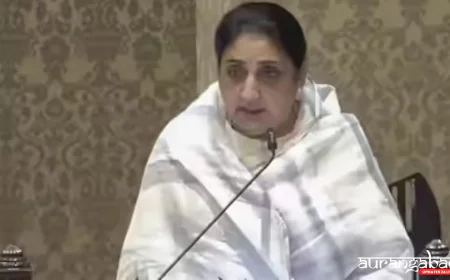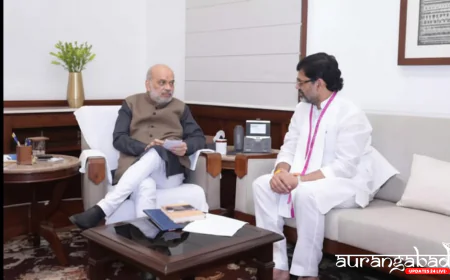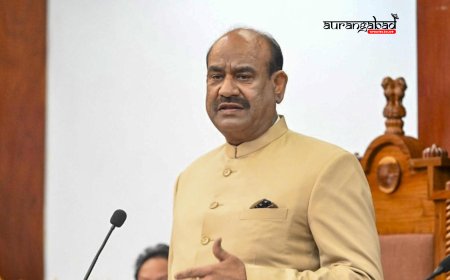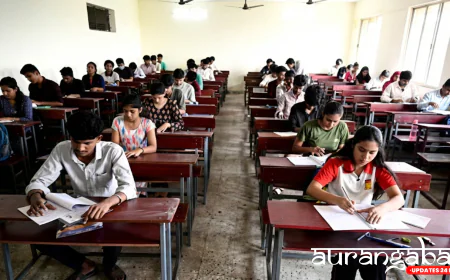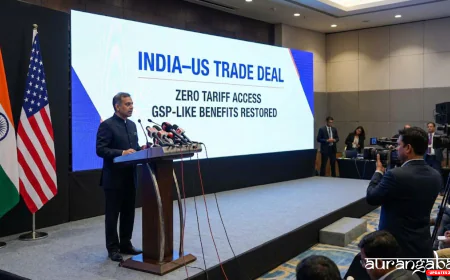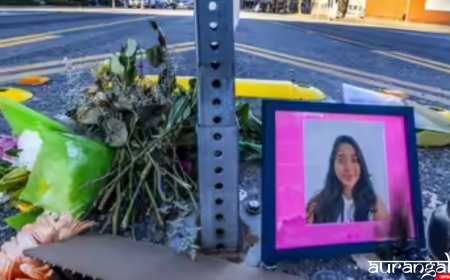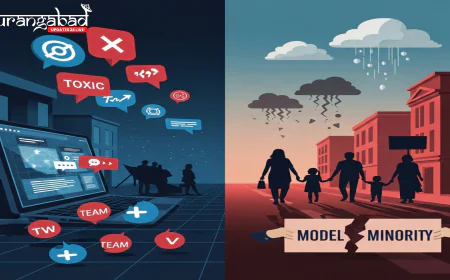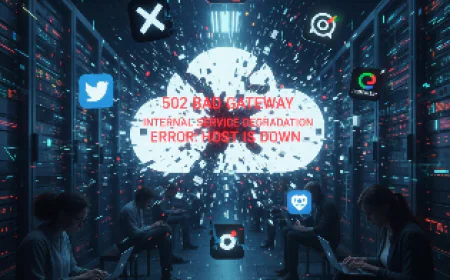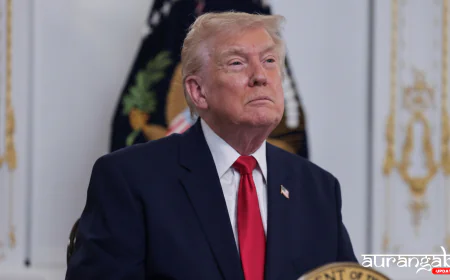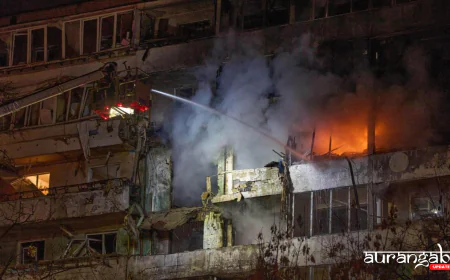Israel Strikes Syrian Military HQ Amid Sweida Civilian Crisis
Israel launched a high-profile strike on Syria's military headquarters in Damascus, citing protection for Druze civilians in Sweida, where sectarian violence has killed over 250 people following a ceasefire collapse. Tensions escalate across the region.
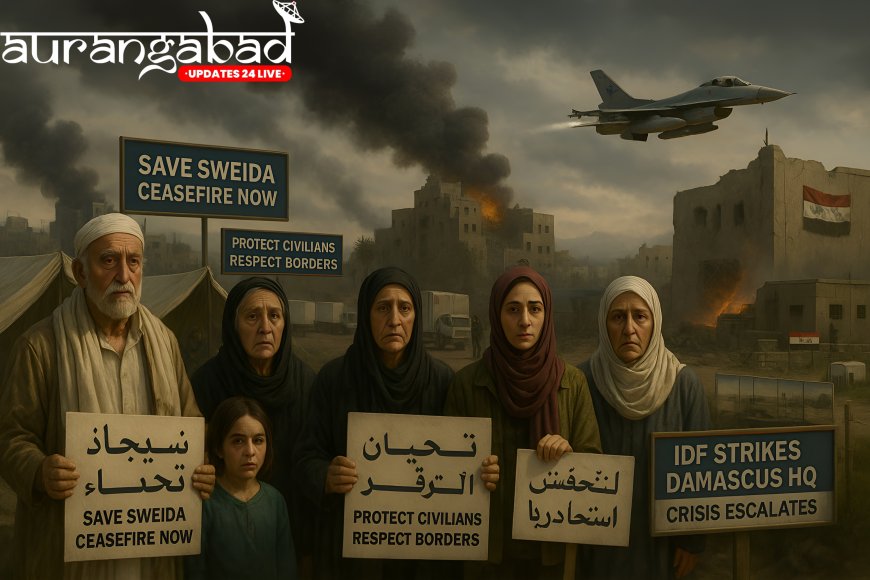
DAMASCUS/SWEIDA: In a dramatic escalation of regional tensions, Israel launched a direct strike on the Syrian regime's military headquarters compound in Damascus late Wednesday, a rare and high-profile operation. The Israel Defense Forces (IDF) stated the strike was a direct response to the Syrian regime's actions against Druze civilians in southern Syria's Sweida province, where a fragile local ceasefire has collapsed, leading to a surge in violence and a civilian death toll now exceeding 250.
This multi-faceted crisis underscores the volatile post-conflict landscape of Syria, particularly following the ousting of President Bashar al-Assad last December. With a new Sunni-majority leadership struggling to consolidate control, minority groups face heightened vulnerability, creating new flashpoints that draw in regional actors.
The Damascus Strike: A Calculated Escalation
The Israeli military confirmed the strike, stating it targeted the entrance gate of the Syrian regime's military headquarters compound near the Defense Ministry in Damascus. The IDF described the operation as being carried out "in accordance with directives from the political echelon," part of a broader, ongoing campaign to disrupt regime convoys and deter threats near Israel's northern border.
According to Tel Aviv, the airstrike's primary objective was the "protection of the Druze population" amidst the rapidly deteriorating security situation in Sweida. This high-profile attack on a central Syrian military installation marks a significant shift in Israel's historically cautious approach to direct engagement with the Syrian regime in Damascus, signalling a hardened stance against the new leadership in Syria. Prime Minister Benjamin Netanyahu and Defense Minister Israel Katz have explicitly stated Israel's commitment to maintaining a demilitarized buffer zone along its border and its "obligation to safeguard the Druze locals" in Syria. The IDF has also declared its readiness for various scenarios as tensions continue to mount along the northern frontier.
Sweida's Humanitarian Crisis: A Spiraling Conflict
While the Damascus strike garnered international attention, the humanitarian crisis unfolding in Sweida province reveals the dire consequences of the collapsed ceasefire. What began as an uneasy truce between Syrian government forces and local Druze militias has dissolved into intense street battles, renewed shelling, and widespread civilian suffering.
The violence in Sweida has its roots in a complex interplay of internal dynamics, exacerbated by the power vacuum left by Assad's fall. Reports indicate that tit-for-tat abductions between local Sunni Bedouin tribes and Druze armed factions rapidly spiraled into a wider, more devastating conflict. Tragically, security forces themselves have reportedly been implicated in grave abuses, including extrajudicial killings and widespread looting, with numerous homes torched in retaliatory raids.
The UK-based Syrian Observatory for Human Rights (SOHR), a war monitor, has reported a staggering civilian toll, with over 250 fatalities so far. This figure includes at least 21 individuals who were allegedly executed in the field, highlighting the brutal nature of the ongoing clashes. Both government troops and armed militias stand accused of committing severe abuses against the civilian population. The breakdown of peace efforts has sounded alarms about the potential for prolonged sectarian conflict, particularly in Sweida, a province that had largely remained insulated from the worst of Syria's civil war. The deepening humanitarian crisis has prompted urgent calls for the establishment of safe corridors and the delivery of vital humanitarian aid to the trapped population.
Broader Regional Implications and New Syrian Leadership
The current flare-up in Syria must be viewed within the context of the country's turbulent transition following Bashar al-Assad's unexpected ousting last December. A surprise rebel offensive, primarily led by Sunni Islamist insurgent groups, effectively brought an end to nearly 14 years of civil war. However, the new Sunni-majority leadership now governing Syria faces formidable challenges in consolidating control and gaining the trust of the country's diverse minority groups and former regime loyalists.
The Druze community, a religious minority with deep historical roots in southern Syria, has emerged as a critical flashpoint in this fragile post-war landscape. Internal divisions have surfaced within the community regarding their future under the new regime, with some advocating for integration while others push for greater autonomy or remain deeply suspicious of the authorities in Damascus. This internal fragmentation makes the Druze particularly vulnerable, caught in the crossfire of shifting alliances and escalating hostilities.
Israel's aggressive posture towards Syria's new leadership stems from its stated objective of preventing the establishment of hostile Islamist groups near its borders. The IDF has been actively engaged in launching hundreds of airstrikes on various military sites in Syria, and it has even seized a UN-patrolled buffer zone on Syrian territory along the border with the Golan Heights. Israeli Defense Minister Israel Katz has warned that these airstrikes will continue and even "escalate" if Syrian regime troops do not withdraw from the Sweida area, underscoring Israel's determination to enforce its policy of demilitarization and protect what it views as a strategic and loyal Druze population.
International Calls for De-escalation
The rapidly deteriorating situation has drawn concern from the international community. The US envoy to Syria, among other international voices, has termed the violence "worrisome on all sides," urging de-escalation. However, concrete international action to mediate a lasting ceasefire and protect civilians remains elusive, highlighting the complexities and dangers of the ongoing conflict.
The current events not only test the resilience of Syria's new leadership but also cast a long shadow over regional stability. The direct Israeli strike on Damascus signifies a dangerous precedent, while the escalating civilian casualties in Sweida are a tragic reminder of the human cost of unresolved conflicts and the fragility of peace in a war-torn nation.






